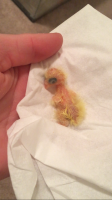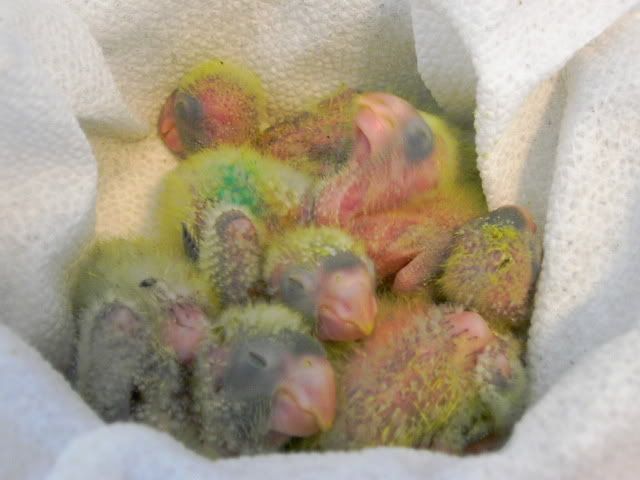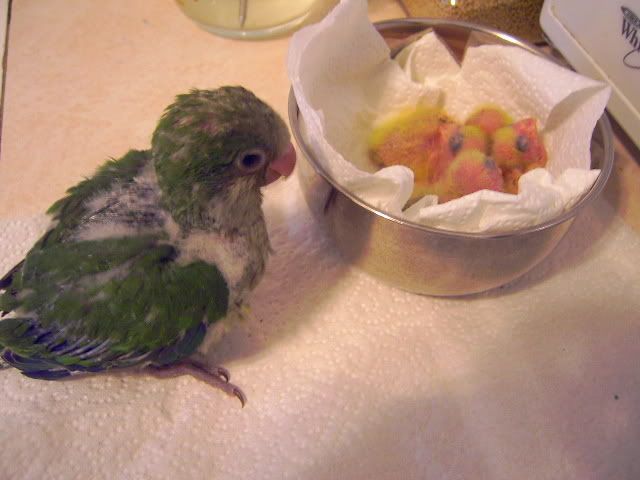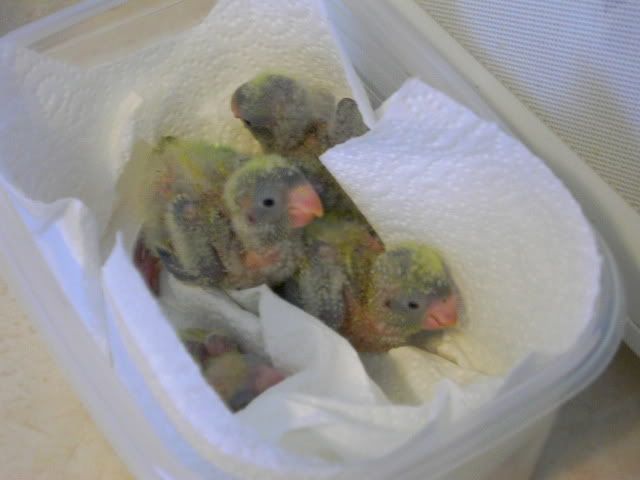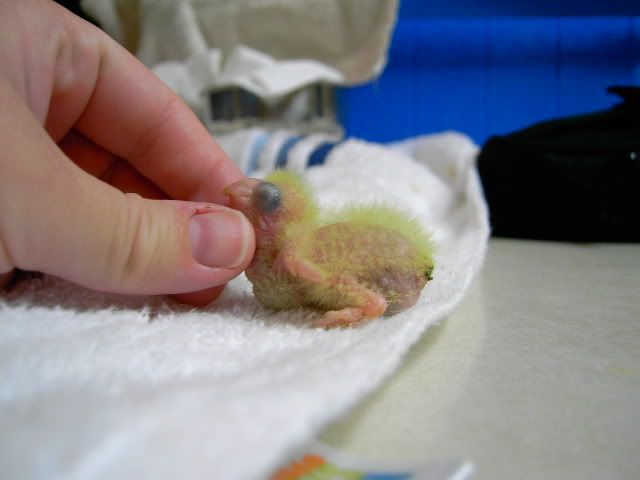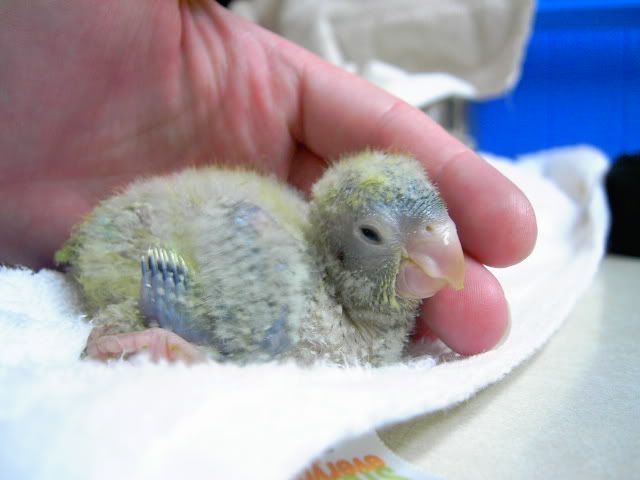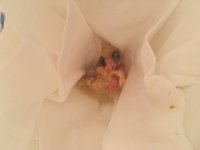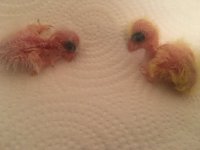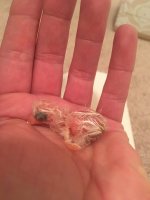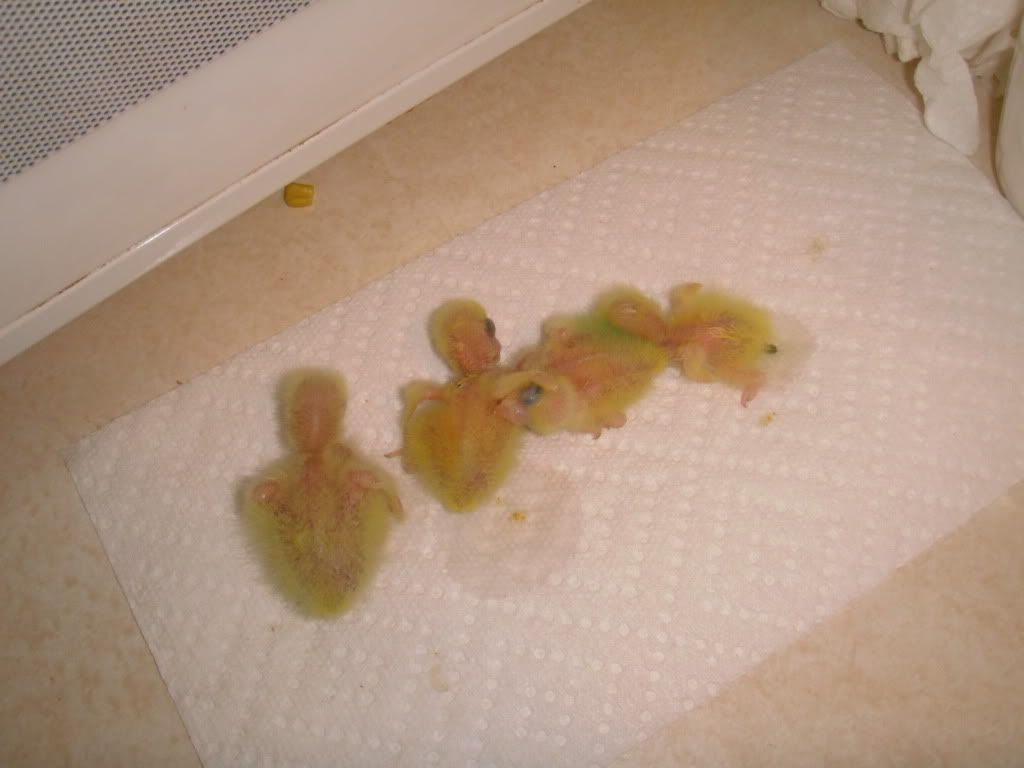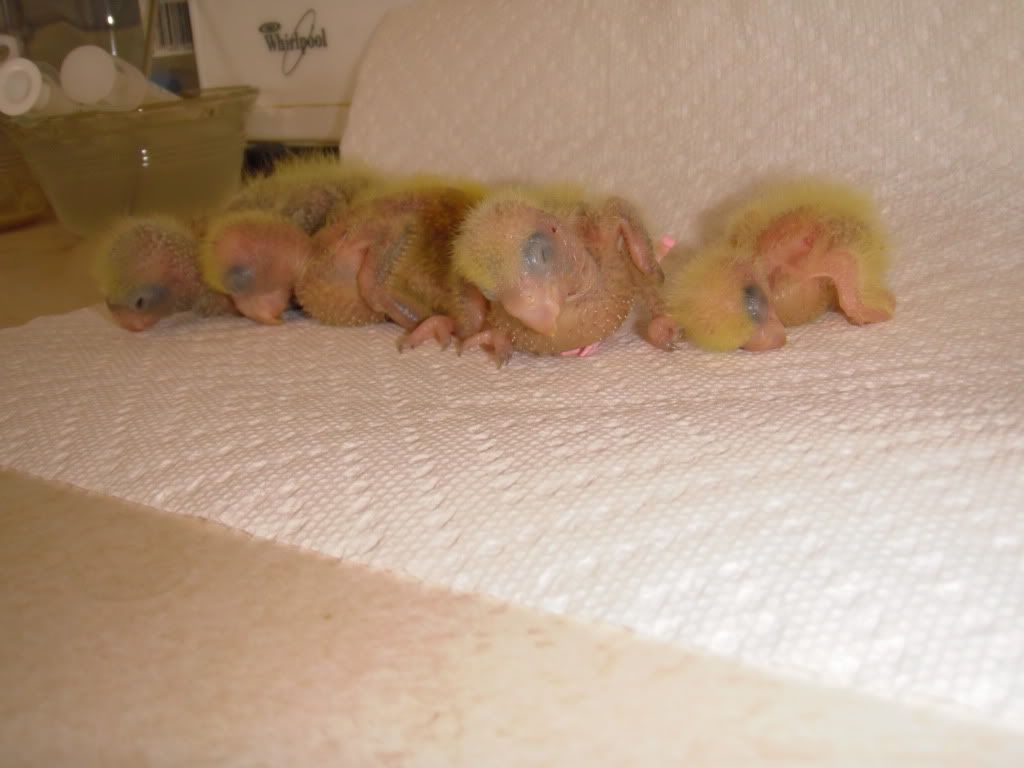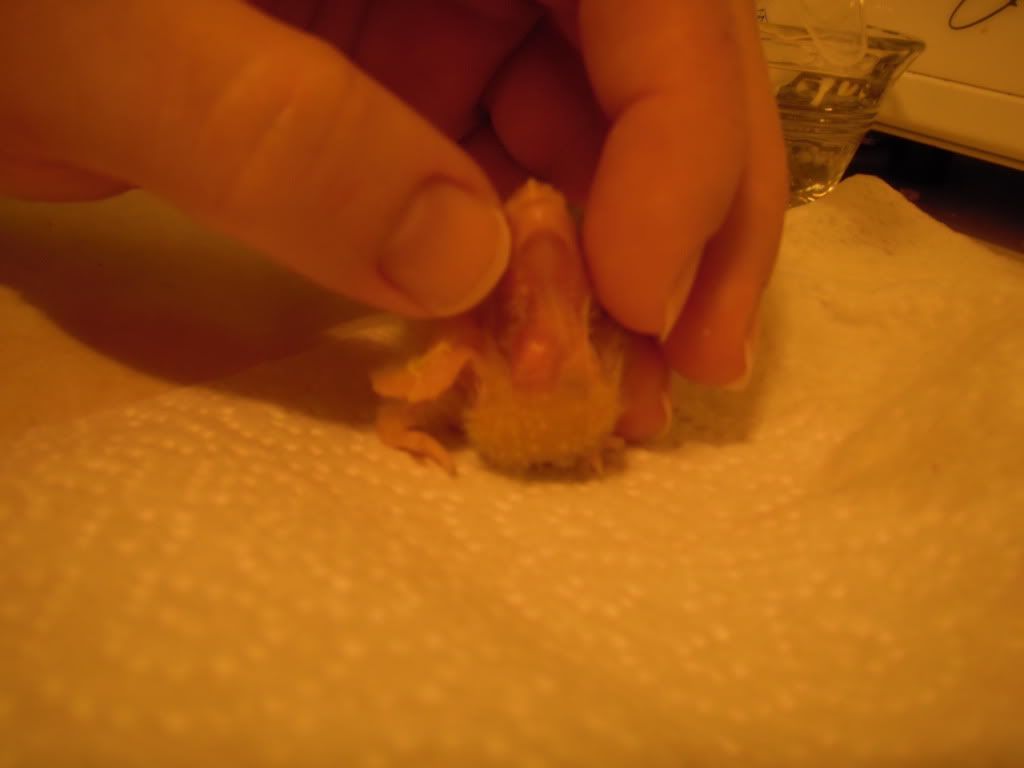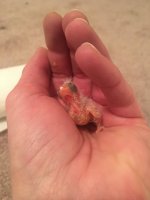Learning89
Meeting neighbors
- Joined
- 6/3/17
- Messages
- 34
Is their anyone on here that is knowledgeable about newly hatched Quakers?
This is the deal:
Alright, my last post was in regards to my parent eating their babies and the fact that she was having more eggs. The advice I got was too separate my pair and get fake eggs. The eggs that I ordered then took a week and a half to two weeks to get to me but since I separated my pair in the middle of her clutch, she decided to finish her clutch of 6. I replaced the eggs with the fake ones as soon as I got the fake ones.... but I was stuck with 4 fertile eggs. What should I do? I made the decision to give them a chance to live ( I couldn’t kill them) and bought a brand new Brinsea brooder and an egg incubator and now I have some questions. As of right now I have been feeding the one that hatched every 1 1/2- 2 hours (day and night) and I have found me someone to feed it while im at work but it doesn't end there.....
Positive Note: Momma is now not trying to nest and is looking healthier and only gets supervised visits with Jujubee (who now knows how to break out of his cage)
Thank you all in advance.
This is the deal:
Alright, my last post was in regards to my parent eating their babies and the fact that she was having more eggs. The advice I got was too separate my pair and get fake eggs. The eggs that I ordered then took a week and a half to two weeks to get to me but since I separated my pair in the middle of her clutch, she decided to finish her clutch of 6. I replaced the eggs with the fake ones as soon as I got the fake ones.... but I was stuck with 4 fertile eggs. What should I do? I made the decision to give them a chance to live ( I couldn’t kill them) and bought a brand new Brinsea brooder and an egg incubator and now I have some questions. As of right now I have been feeding the one that hatched every 1 1/2- 2 hours (day and night) and I have found me someone to feed it while im at work but it doesn't end there.....
Positive Note: Momma is now not trying to nest and is looking healthier and only gets supervised visits with Jujubee (who now knows how to break out of his cage)
Thank you all in advance.

